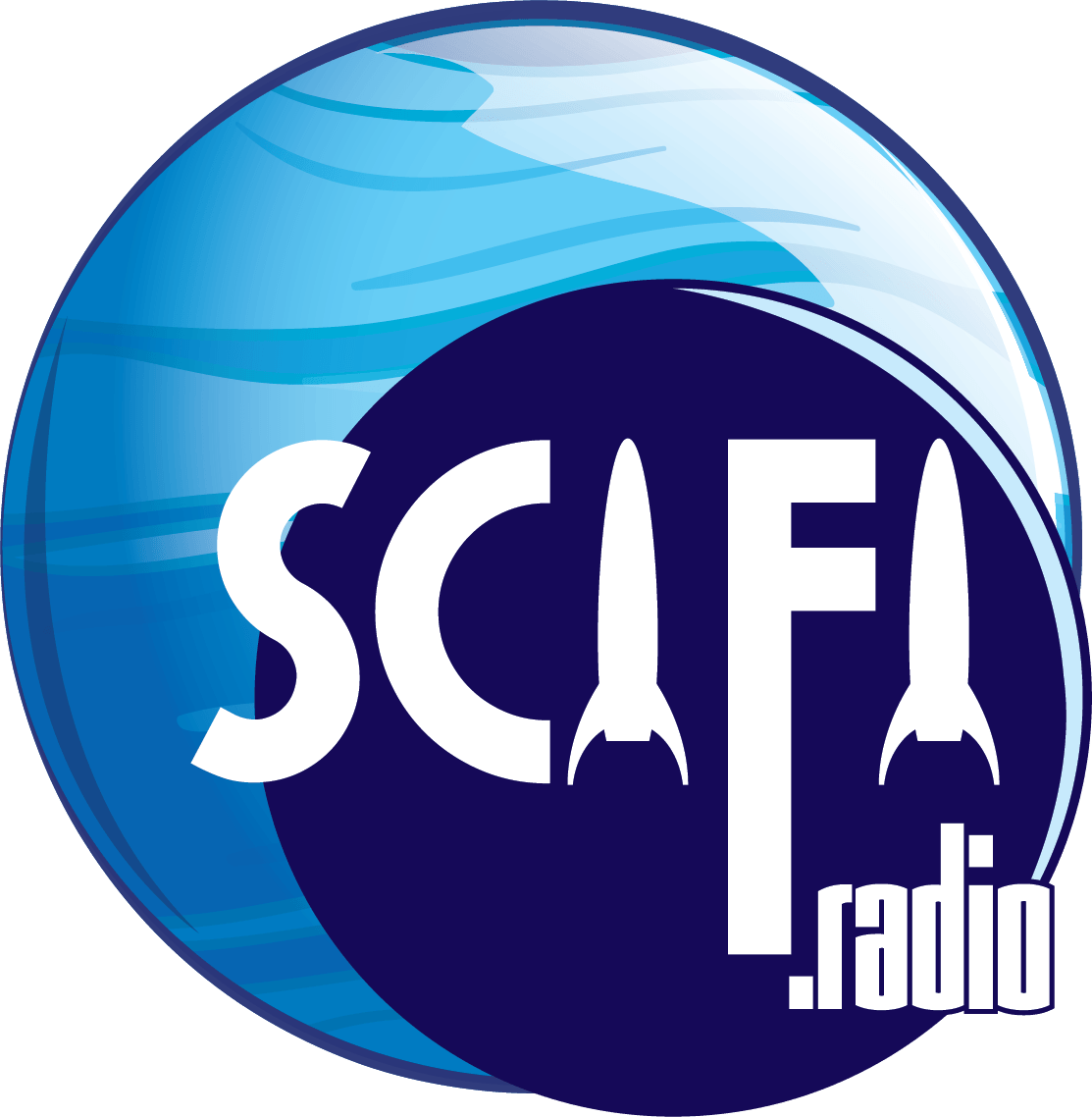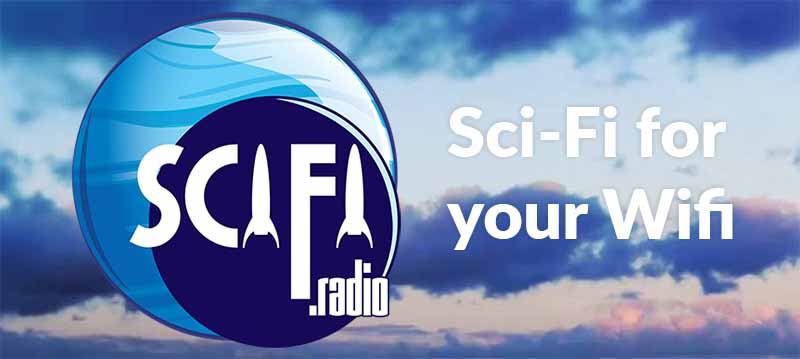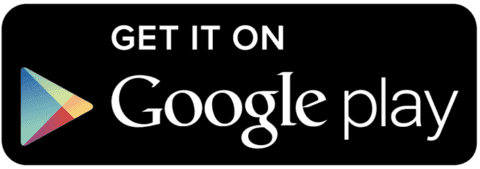 If Rotten Tomatoes’ rating of this movie were to be believed, it would say The Circle isn’t in the same league as Guardians of the Galaxy, Vol 2. In a culture where movies are often rated in explosions-per-minute, The Circle would certainly disappoint. But I don’t agree with most of those critics; having seen both, I think The Circle is the better movie.
If Rotten Tomatoes’ rating of this movie were to be believed, it would say The Circle isn’t in the same league as Guardians of the Galaxy, Vol 2. In a culture where movies are often rated in explosions-per-minute, The Circle would certainly disappoint. But I don’t agree with most of those critics; having seen both, I think The Circle is the better movie.
A few months ago I lamented what the world needed was smarter science fiction. Stories of a near-future Earth where we would tackle problems relevant to our own society, events, technologies or ideas capable of being analyzed with a critical eye toward storytelling and potential consequences of our actions. Yes, these might end up being cautionary tales, but I believe it is possible for such stories to exist and not have them devolve into groups of teenagers killing each other for sport and calling it dystopian science fiction, a lá The Hunger Games or Divergent.
The Arrival was the first such movie I had seen in a long time. Based on Ted Chiang’s award winning short, Story of Your Life, Arrival addressed an alien incursion where the object of the story was to learn how to communicate with the aliens. To make the movie palatable to audiences, some obligatory explosions were woven into the screenplay.
Smartly done, though bearing only a superficial resemblance to the original story, The Arrival delivers a complex and rich story very different from most science fiction dramas today.
The Circle is another such movie. Unfortunately, and I believe this is its greatest failing, it requires an insider’s knowledge to truly understand what it has to offer. There is just not enough story for the technologically uninitiated. Just like superhero movies tend to work best for fans of the genre, The Circle is a movie whose technology industry underpinnings make it a difficult movie to watch for people with little or no interest in the tech or social media industries. Personally having experience in nearly every aspect of the tech industry portrayed in The Circle, I found it a chilling commentary on social media and its potential implications. The Circle was based on a 2013 novel by American author Dave Eggers. Its release date in the US was April 28, 2017.
The Circle resembles a modern tech drama where a young woman finds herself in a life that is slowly spiraling into the toilet. Smart, capable, and humane, we find Mae Holland, portrayed by the highly adaptable Emma Watson, living a life of quiet desperation until Annie (played by former Dr. Who companion, Karen Gillian) throws her a lifeline with an interview to a prestigious company called The Circle.

The late Bill Paxton and Glenne Headly embody their roles as Mae Holland’s struggling parents.
Mae Holland is an overachiever in an under-achieving world. Staying close to home to be with her parents, lovingly played by Glenne Headly and the late Bill Paxton, she deals with her father’s onset of multiple sclerosis and the challenges of getting medical care when money is tight and resources hard to come by.
Adding a bit more challenge to her existence is the affection of a childhood friend, Mercer (played by Ellar Coltrane) whose interest in her has grown, while hers has waned. She loves him as she might a brother though her family thinks the world of him.
When Mae gets call from her childhood friend Annie to interview at The Circle, a company which fuses the creativity (and grandiosity) of Apple, the social media aspects of Facebook and the ubiquitous nature of Microsoft software into a perfect storm of technological capability, complete with weird interviews and circular campus, you get your first chill. You see a campus of young twenty-somethings intent on changing the world without any understanding of what that might mean. The Circle is so in love with its innovations, in love with its mission, it’s cult-like environment seduces like a Jim Jones block party.

Mae Holland’s early days at the Circle.
Mae blasts the interview and her first days at work are a blur as she enters the world of high tech, technical support. I found the portrayals of the workers particularly convincing as they at first seem highly professional but later exude a essence of fearful compliance, as if they are unwilling to see the complete domination of The Circle over their lives. None of this feels out of the ordinary, at first. As The Circle ups the ante, each innovation bringing out more opportunities for the company to change our relationship to our personal privacy.
Enter Tom Hanks as the smarmy CEO, Bailey, channeling the best of every TED talk you have ever seen with the charisma of Steve Jobs extolling his minions to “think differently because knowing is good, but knowing everything is better” while they casually plot technical revolution of the Old World Order.

Tom Hanks and Patton Oswalt as the titular heads of The Circle
Hanks and Patton Oswalt comprise the leadership of the Circle we get to see and where Hanks is the performer, Oswalt is the corporate muscle whose face can barely contain the contempt he feels for the lemmings under his command. As Stenton, he is the public operative for The Circle, widening its influence in the corporate and government sectors. He doesn’t get much screen time and it’s too bad.
Speaking of small parts, John Boyega also participates in this movie as a freelance founder of one of the core elements of The Circle’s software. He roams the company unknown by most of its young staff, a legendary name to conjure by but little else. As Ty, Boyega mostly stands around in the background watching his monster grow, nibbling away at the privacy, undermining ethical concerns and the personal freedom of everyone involved as The Circle expands its domain. I hoped to see more of him. Rumor had it there was a romance between Ty and Mae but I am happy it didn’t make the cut. I think the movie had enough complexity to deal with.

John Boyega (as Ty) looks on disapprovingly at what his work has become.
By the time the movie has begun its transformation from tech success story to technological tale of terror, as a viewer you may have already begun to drink the Kool-aid yourself. What’s wrong with making the world more secure, you think? What’s wrong with being able to prevent governments from committing atrocities against their citizens? Nothing, right?
And while we’re at it, where is the government in this? Did they just roll over when The Circle showed up bringing an incredible amount of data, invisibly able to be applied to any circumstance at any time? This is the first time a movie made me want to read a book to discover if there was more to this part of the story.
As Mae embraces the monster that is The Circle, she, as the converted often do, begins to apply her genius to the mission of Yhe Circle and eventually becomes a guinea pig of their latest experiment, Total Transparency. Like a politician did earlier in the movie, she (save for isolated privacy periods) volunteers to allow her personal life to becomes fodder for the world to participate in. This is, for me, where the movie shines, as we see the comments about her life being broadcast on the screen faster than you can possibly keep up, in multiple languages but all asking questions you would expect (and occasionally some you didn’t).

The Circle’s corporate campus meant to invoke Apple Park in Cupertino.
In the end, this is a movie about the nature of eroding privacy. It touches on the nature of how we take the ability to be alone, to not have to share our thoughts, to have moments we don’t have to be on guard, where we are free to be alone and not have to present a perfect face to strangers, for granted.
What I found most refreshing about this movie is the challenge of the writers to create a backstory which moves the character and informs her choices later in the movie. Each choice Mae Holland makes ripples through her life because of her involvement with The Circle. I love this movie. In fact, it hardly feels like a science fiction movie at all. It mostly resembles the dynamic and wonderful BBC series, Black Mirror, an entire series of technological cautionary tales.
I liked how this film was shot, it was both personal and impersonal, with the line between the two slowly blurring in the same fashion as the technology it portrayed so vividly. I suspect this movie will end up in the same category as Idiocracy, a movie which was completely panned when it first appeared but as the society caught up with its social commentary, it became an underground classic and is now twenty years after its debut considered visionary in its predictions.

The heart of The Circle’s technology, a super-computing, independent camera that runs on sunshine and good feelings.
The Circle is a beast of a movie, a beast which stalks you, just outside of the corner of your eye, making its way into your life by becoming your friend. Then after you invite it in, it eats you, shades of Little Red Riding Hood. What makes it most impressive to me, is that it explains nothing. You are left to determine how you feel about The Circle, its plans, its goals, its ultimate fate and the fate of anyone who fails to pay attention to the future as it takes over your life.
It does not apologize for disturbing you, it does not rationalize its conclusions. The Circle does not tell you what to think. Like its spiritual forefather, Black Mirror, it holds up an artistic creation of a world gone subtly but irrevocably awry and tells you to deal with it. This is a technological tale of terror that didn’t get the respect it deserves. I’ll see you in twenty years …

-30-
Thaddeus Howze is an award-winning writer, editor, podcaster and activist creating speculative fiction, scientific, political and cultural commentary from his office in Hayward, California.
Thaddeus’ speculative fiction has appeared in numerous anthologies and literary journals. He has published two books, ‘Hayward’s Reach’ (2011), a collection of short stories and ‘Broken Glass’ (2013) an urban fantasy novella starring his favorite paranormal investigator, Clifford Engram.











Definitely read the book – they made changes that were logical in the world of film but it dives deep into the conflicted emotional world of Mae drinking and spitting out the Kool-Aid in equal measure. The movie deals with Ty in a VERY different way than the book, and Eggers co-wrote the screenplay so maybe second thoughts? Anyway the book was VERY hard to put down.
Thanks for the recommendation. I was intrigued enough to consider the book seriously, because there were things that still didn’t quite make sense, so it would be interesting to see how the two stories diverge, particularly since movies have do deal with different issues than books regarding demographics and time constraints.